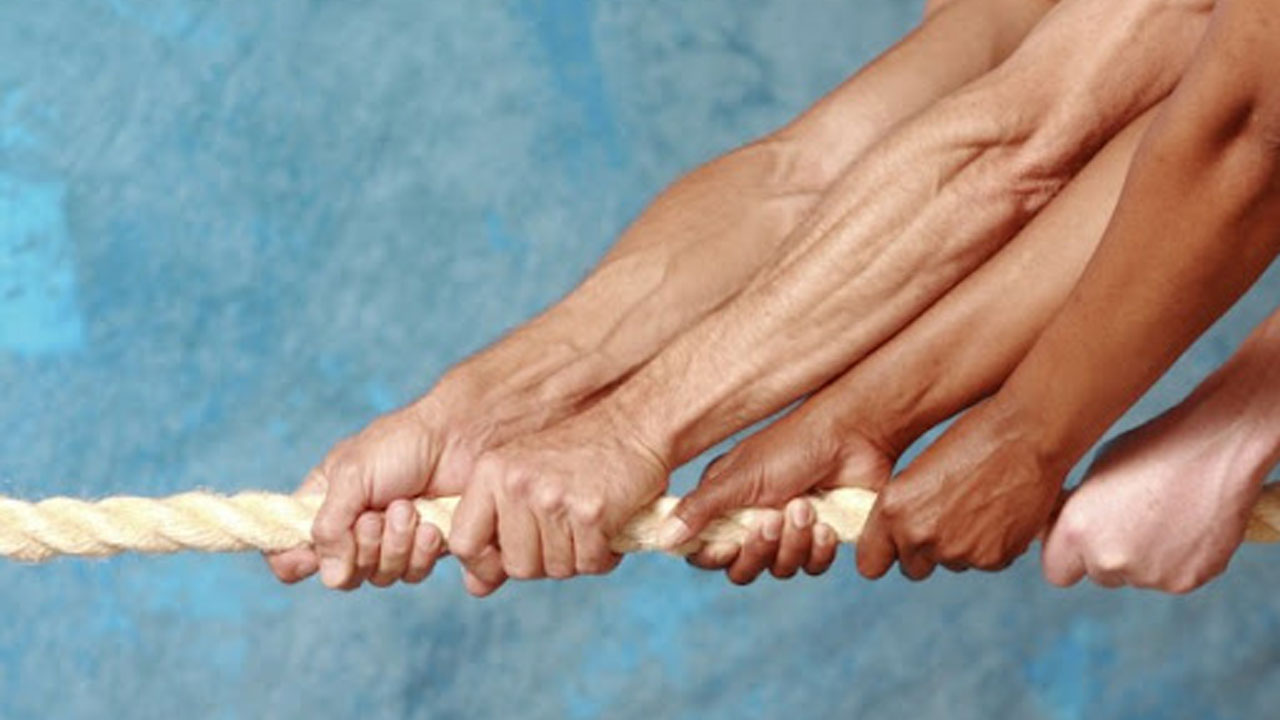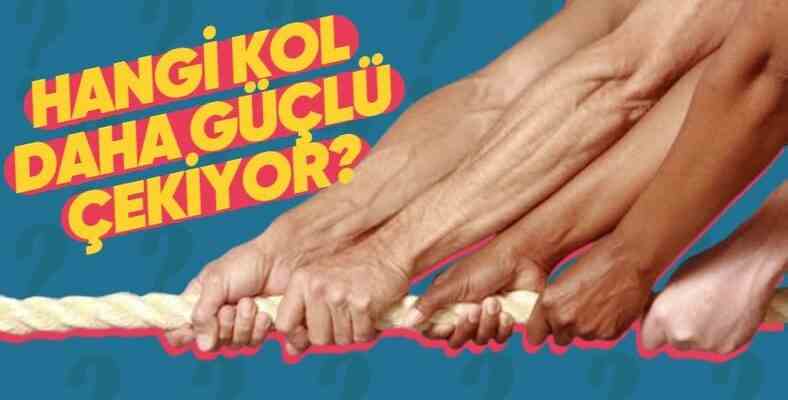Imagine that you are individual in a task assigned to you. You probably plan all the details meticulously and take care to complete the steps. Now imagine doing the same task with a group. Of course, there will be a small slippage. This situation even has a name in science!
In the literature, the distribution of responsibility “social loafing” it’s called. The first study on this subject was done by Max Ringelmann in the 1880s. That’s why it’s called the “Ringelmann effect”.
If you have worked as part of a group before, this is probably psychological phenomenon You have experienced it first hand. Have you ever wondered why this situation arises?
Ringelmann used a rope to test social laziness.
Max Ringelmann; a rope before the participants alone, then asked them to shoot with a group of six. While one person could pull the rope 85.3 kg, 6 people could pull 390 kg in total.
In short, the individual pulling force was reduced to 65 kilograms, resulting in a 24% reduction. Moreover, as the number of people in the group increases, personal performances was falling further. So what causes this situation?
Social laziness can occur in 4 situations.
The results obtained by different researchers, who later conducted other experiments on this subject, supported Ringelmann’s experiment. What causes social laziness, psychologists say: 4 main reasons lists:
- Motivation
- Distribution of responsibilities
- group size
- expectations
Motivation and distribution of responsibility:

In the assigned task people with low motivationThey are more prone to “social laziness” when they are part of a group.
The possibility of increasing social laziness in the distribution of responsibilities is that people do not respond to the task assigned to them. less personally responsible It happens when they feel and think that their personal efforts will have little effect on the result.
Group size and expectations:

People who work individually or in small groups feel that their efforts are more important and try to contribute more. The larger the group, human effort it is that low.
Finally, a person in the group to whom other participants did not contribute enough is likely to make sure that the task does not fail. more effort shows. On the other hand, if there are working people in the group, the rest is likely to be prone to “social laziness”.
Social laziness can be reduced.

The “Ringelmann effect” group performance and efficiency The effects on it are undeniable, but there are some things that experts recommend to prevent it:
- Assignment of individual duties and responsibilities
- Forming small groups and providing an environment of “individual accountability”
- Creating clear standards and rules
- Separate evaluation of individual and group performance
- Highlighting the achievements of individual members
RELATED NEWS
The Japanese Method That Decays Laziness in 1 Minute: The Kaizen Technique
RELATED NEWS
